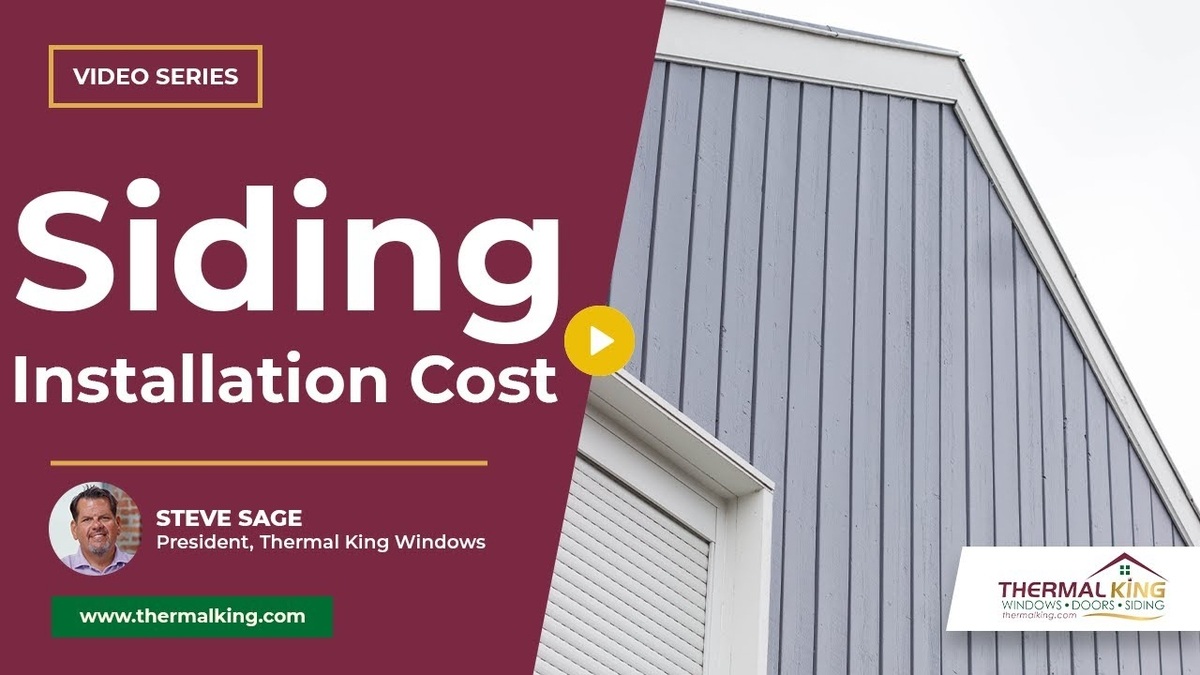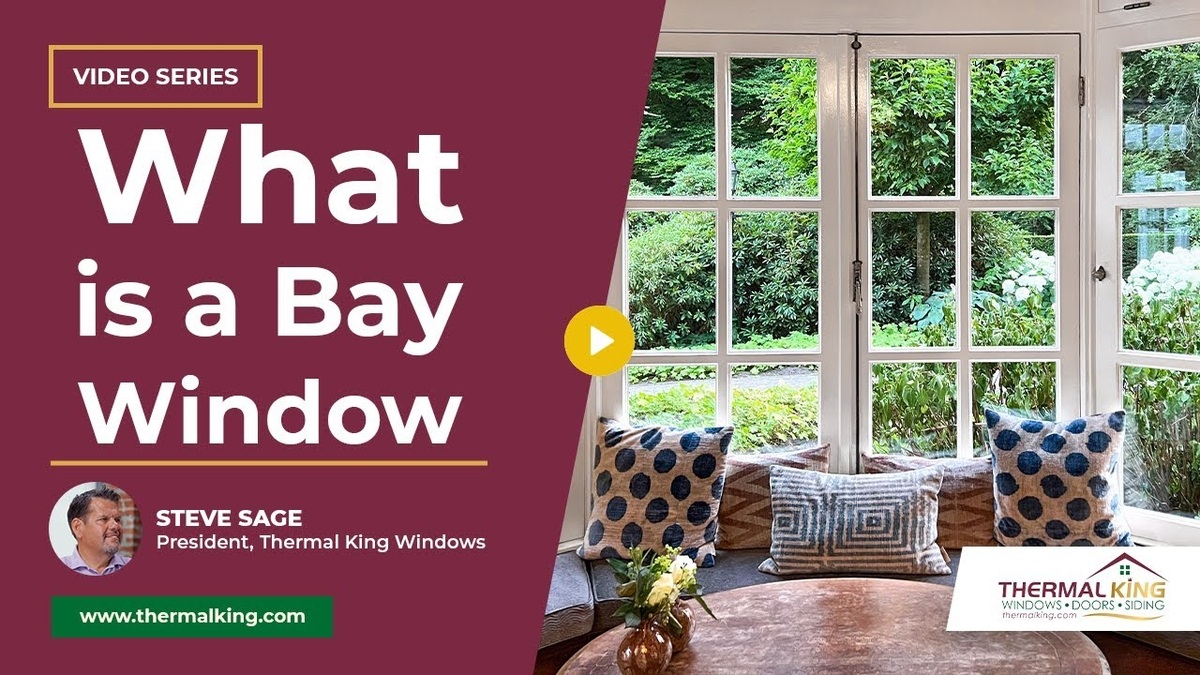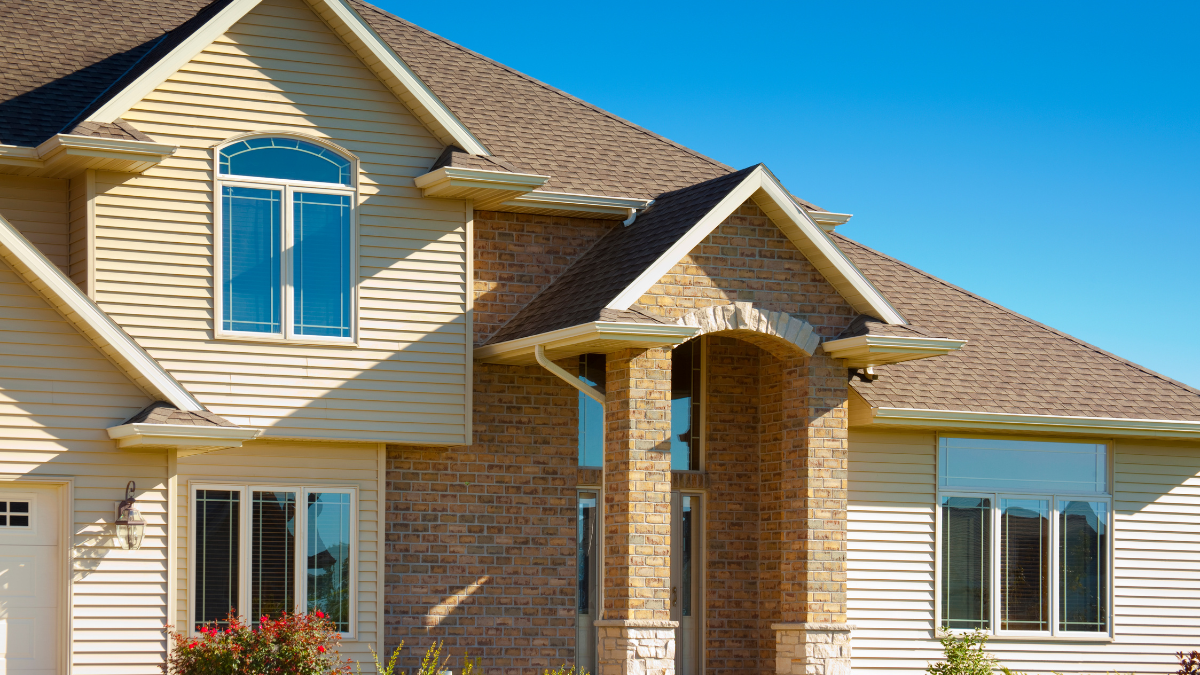Navigating the world of home improvement can be daunting, especially when it comes to upgrading your windows. This guide aims to clarify your options, focusing on the most energy efficient type of replacement windows.
What are Replacement Windows?
Replacement windows, as the term suggests, are windows that replace the existing ones in a building. They are specifically designed to fit into existing window frames, providing an upgrade in terms of style, functionality, or, most importantly, energy efficiency. Replacement windows come in a variety of types and materials, including vinyl, wood, fiberglass, and different type of glass.
Single, Double, or Triple-Glazed
One significant differentiation in replacement windows lies in the type of glazing or glass layering used. The primary options are single, double, or triple-glazed windows.
Single-glazed windows consist of a single pane of glass and are often found in older homes. They offer the least insulation as glass is a conductor, not an insulator, allowing heat and cold to pass through relatively easily.
Double-glazed windows, a more modern choice, incorporate two glass panes with a space in between, known as a dead air space. This space acts as an insulating barrier, improving the window’s energy efficiency.
Triple-glazed windows take this one step further, consisting of three glass panes and two insulating barriers. These windows offer superior insulation and are ideal for harsh weather conditions, making them a top choice when the goal is high energy efficiency.
The Efficiency of Replacement Windows
As homeowners increasingly prioritize energy efficiency, understanding the performance of different replacement windows becomes crucial. In this section, we delve into factors that significantly impact the efficiency of replacement windows.
Factors To Consider
Several factors determine the efficiency of replacement windows, including the type of glazing, the use of insulating gasses, the strength and material of the frame, and the overall design of the window. Efficient windows minimize heat transfer, reducing energy consumption and resulting in lower utility bills.
Dead Air Spaces
Dead air spaces, found in double and triple-glazed windows, are crucial in improving window insulation. Acting as insulating barriers, these spaces limit heat and cold transmission, increasing the window’s overall energy efficiency.
Conducting and Insulating Properties
Glass, by nature, is a conductor, meaning it easily allows heat and cold to pass through. However, the insulation in replacement windows is enhanced through multi-layer glazing and the inclusion of dead air spaces, effectively reducing heat transfer.
Influence of Glass Technology in Replacement Windows
Glass technology plays an essential role in improving the performance and energy efficiency of replacement windows. Let’s explore some of the advancements that have transformed the industry.
Low-E Tints and Gasses
Low-E (low emissivity) tints are a breakthrough in glass technology. They reflect infrared light, keeping heat inside during winter and outside during summer. Likewise, insulating gasses such as argon further enhance window efficiency.
Argon Gas
Argon, a noble gas, is often used in double and triple-glazed windows. It offers better insulation than air, reducing heat transfer and improving overall window efficiency.
Multi-Coating and Multi-Charging
The application of multiple layers of Low-E coatings and argon gas (multi-charging) amplifies window efficiency. Each additional layer and charge contributes to increased insulation and thermal performance.
The Power of Non-Opening Replacement Windows
Non-opening windows, although not suitable for all settings, have certain advantages when it comes to efficiency. Let’s delve into why these types of windows often outperform others.
Essential Reasons
Non-opening replacement windows, due to their lack of moving parts, offer superior energy efficiency. They limit areas of potential air infiltration, resulting in better insulation and reduced energy waste.
Addressing Air Infiltration
Air infiltration can significantly impact a window’s energy efficiency. For non-opening windows, the risk of infiltration is minimized due to the absence of operational parts, making them an excellent choice for energy-saving purposes.
Impact of Window Frame Strength on Replacement Windows
The strength of a window’s frame impacts its energy efficiency, resilience to weather, and overall performance. Let’s take a closer look.
Deflection Rates
Deflection refers to the bending of the window glass and frame under strong wind. Lower deflection rates, achievable with sturdy frames, mean less air infiltration and increased energy efficiency.
Benefits of a Strong Frame
Strong frames enhance the overall performance of replacement windows. They provide better insulation, resist deflection, and minimize potential areas of air infiltration, all contributing to superior energy efficiency.
Replacement Windows: Ratings and Standards
Ratings and standards are vital tools to assess and compare the efficiency of different replacement windows. Here, we discuss the role of significant entities in setting these benchmarks.
National Fenestration Rating Council (NFRC)
The NFRC provides unbiased ratings on the performance of windows, including factors like energy efficiency, air leakage, and light transmission. These ratings help homeowners make informed choices when selecting replacement windows.
Energy Star Standards
Energy Star, a program run by the U.S. Environmental Protection Agency, sets standards for energy efficiency in various products, including windows. Windows that meet these stringent standards are certified as Energy Star-compliant, providing assurance of their energy-saving capabilities.
Energy Efficiency and Cost Implications
Understanding the balance between energy efficiency and cost can help homeowners make informed decisions about replacement windows. In this section, we compare different window styles and their implications on efficiency and cost.
Comparing Double and Triple-Glass Windows
While triple-glazed windows offer superior insulation and lower energy waste, double-glazed windows can meet the needs of many homeowners and often come at a lower cost. However, your choice will largely depend on your region’s climate and your home’s specific needs.
Impact of Window Style
Different window styles have varying levels of efficiency. For instance, non-opening windows typically offer better insulation than double-hung or sliding windows due to fewer moving parts and reduced air infiltration. Nevertheless, each style comes with its unique benefits and trade-offs.
Conclusion: Choosing the Right Replacement Windows
Deciding on the perfect replacement windows for your home is a nuanced task that requires careful consideration. By understanding the various factors that affect energy efficiency, durability, and cost, you can make a well-informed decision that will serve your home for many years to come.
Assessing Your Needs for Replacement Windows
When it comes to replacement windows, one size does not fit all. Here are some key factors you should consider:
- Climate: Your region’s climate significantly affects your choice. For colder regions, triple-glazed windows provide superior insulation. Warmer climates may require windows with specific coatings to block out heat.
- Budget: While triple-glazed windows are more energy-efficient, they’re also more expensive. Balance your budget with your long-term energy savings goals.
- Aesthetics: Your windows should match the style of your home. Consider the architectural style, interior decor, and personal preferences when choosing.
Making the Choice: Energy Efficiency vs. Cost
While it might be tempting to opt for the most energy-efficient option, it’s essential to weigh this against the cost. A more expensive window may offer higher energy savings, but the initial cost might not be justified, especially if you’re in a moderate climate. Similarly, a cheaper window might save you upfront costs, but end up costing more in energy bills over time.
To guide you through this process, we are here to help. Contact us today for personalized advice and assistance in selecting the ideal replacement windows for your home.



